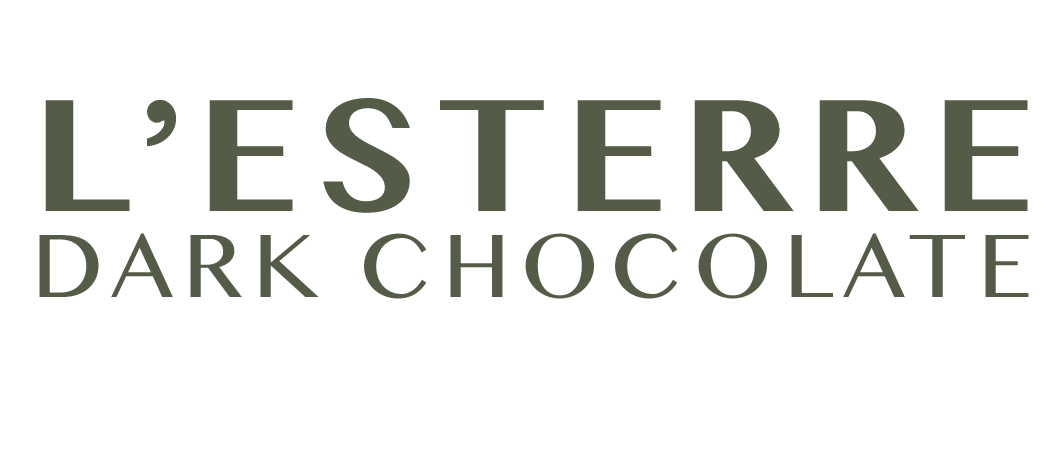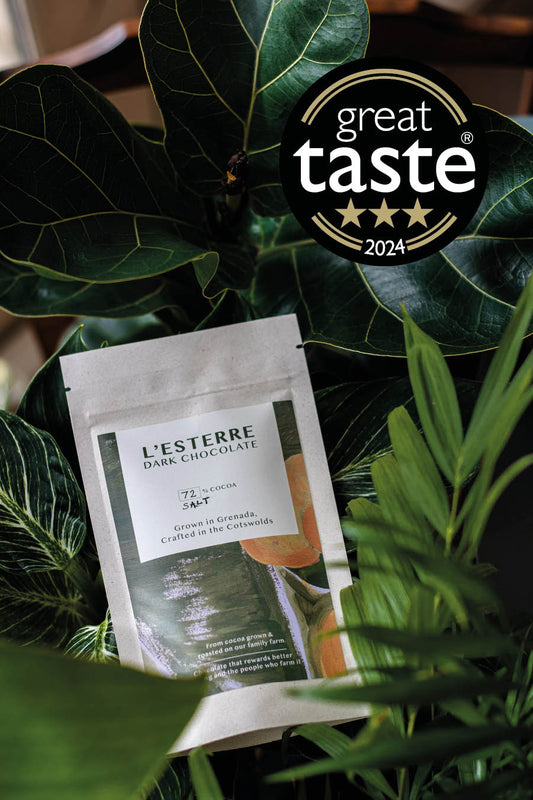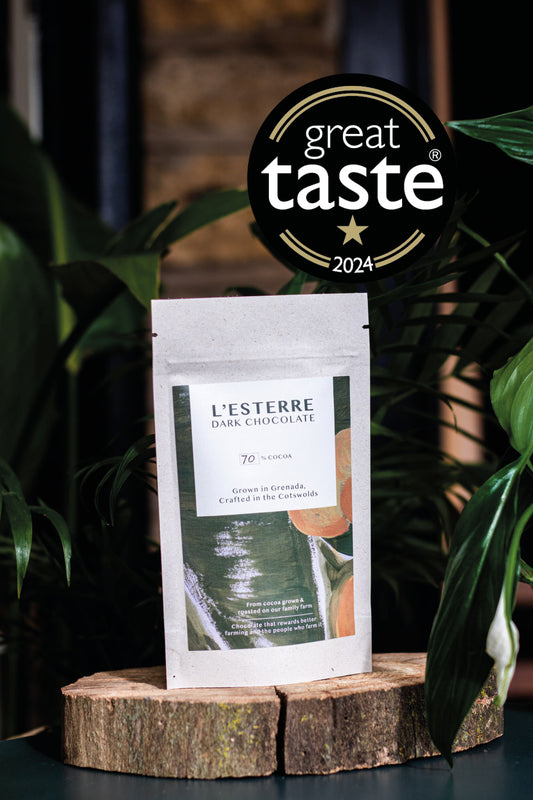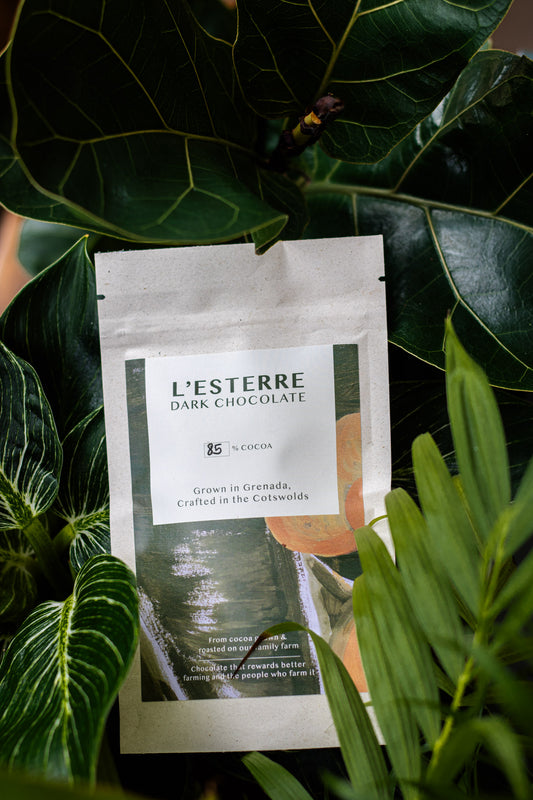
A family-run organic cocoa estate
My grandfather, descendent to Indian immigrants in Grenada, purchased L’Esterre Estate 70 years ago. Still very much at the heart of our family today, we grow organic cocoa & nutmeg, employing natural agroforestry techniques, mimicking nature with mixed cultivation, revitalising the soil & its biodiversity. Top soil is in abundance here. Despite our regenerative practices, like most farmers we are paid pennies in return for our dried cocoa beans.
Recent events have called into question occurances during The Slave Trade and rightly so. It has brought to the surface the realisation that the UK’s wealth was very much dependent on exploiting not only African slaves by taking advantage of the favourable growing conditions and climate of the undeveloped Caribbean to grow commodities such as cocoa.
Cocoa was introduced to Grenada in 1714, the perfect terroir for cacao to thrive. Though the distribution of wealth remained entirely within the UK. Fast forward to today, most cocoa growers are still struggling. Albeit now paid for their beans, it is the smallest fraction of the final price of your typical chocolate bar. Most of the wealth is still goes to the developed world, contained within five major conglomerates who work to keep the price of the beans low to maximise their profits (think Mars, Smarties, Kit Kats). Even though cocoa growers take on most of the risk plus the majority of the end chocolate bar is determined by them, it is still a daily struggle to make ends meet.⠀
To simplify your life and make it easier to be a conscious consumer of chocolate, I’ve compiled a simple guide to suss out the good guys from the not-so-good.

The ethical chocolate checklist
Their Supply Chain
check whether they have full control of the process from bean-to-bar. 60% of the world’s cocoa products is products by 3 single companies (Barry Callebaut, Cargill and Olam)
Be Certification Savvy
I would be sceptical of Rainforest Alliance and Fairtrade labels. As African cocoa farmers struggle to meet the demand of large bulk cacao in countries like Ivory Coast, in some cases they resort to deforestation when there is a lack of land. Additionally, for a bag of dried cocoa beans to be labelled FairTrade, only 50% needs to be guaranteed fairly traded to be labelled as such.
Support Small Producers
Chocolate brands under parent companies Mondelez, Mars, Ferrero, Hershey’s, Nestle and Lindt produce 80% of the world’s chocolate - most of which have had allegations of slavery or deforestation in their supply chain. Even Green & Black’s is owned by Mondelez. A list of small, ethical chocolate makers below.
Check the Ingredient List
Most confectionary chocolate replaces cocoa butter with cheaper vegetable oils (yes, even palm oil), selling the more valuable cocoa butter to beauty companies.
Read their Story
Seeing humans behind the story is always a good sign, cocoa farmers included. Though be wary of greenwashing, you can tell when someone is in the chocolate business for the love of it. Nameless shareholders hidden under brand names ring alarm bells.



